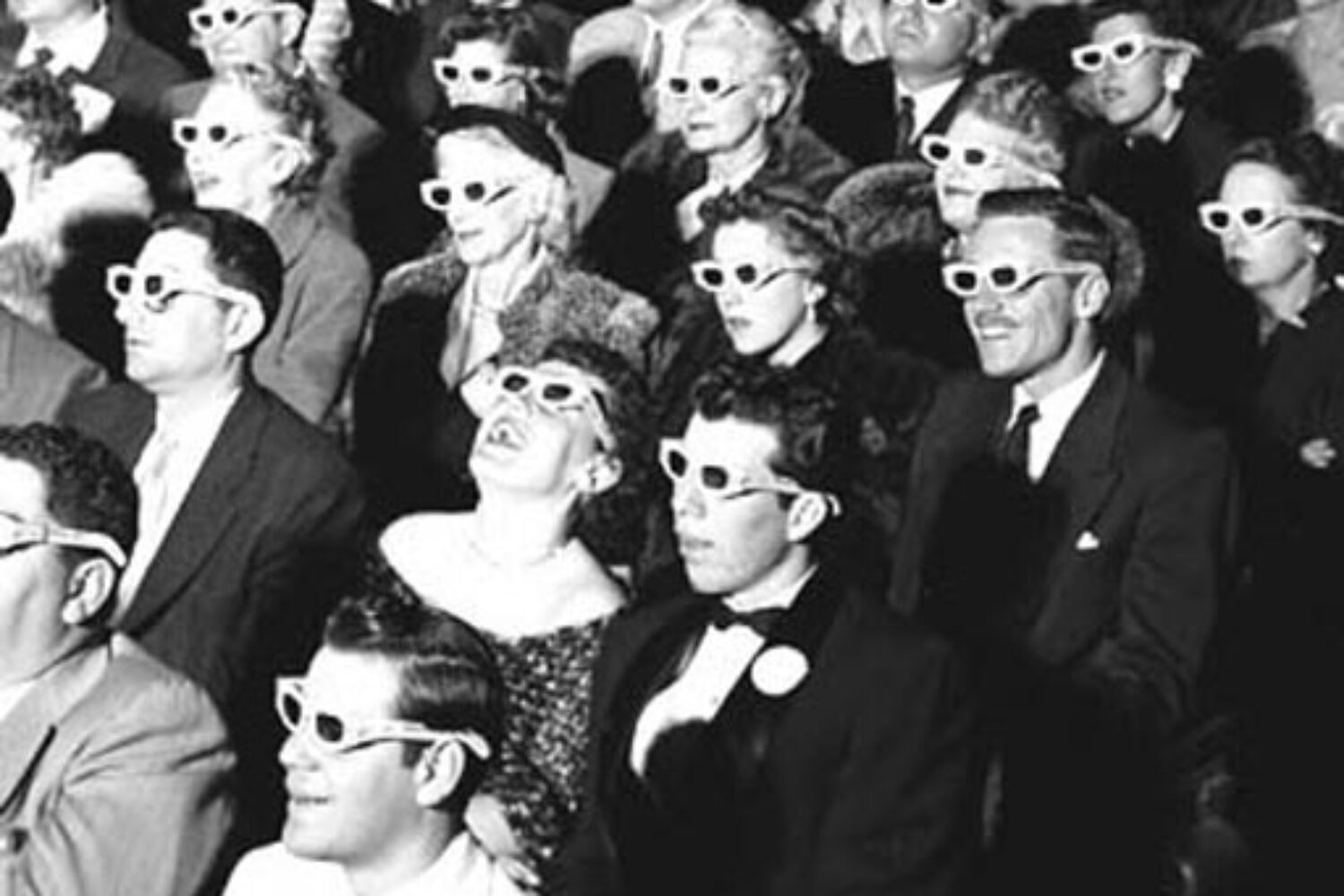
@mgilbir asked me on Twitter today: How would you start the presentation? Skip any acknowledgment to the audience and jump to the meat of the presentation? Apart from my fearsome fetish for vocal variety, I’m a furious fanatic when it comes to the first sentence. That is why I will dedicate a special post to Miguel’s question.
In my seminars I usually ask a female participant about the amount of time she would grant a guy launching a flirt attack. Most of the times – after group laughter and red cheeks have disappeared – she comes up with an average time of 30 seconds.
Fellow men, I don’t know about your experience. But mine doesn’t even come close to 30 seconds. Hello, my name is Flori… – Good bye! I have never experienced anything else but 1.3 to 1.7 seconds.
For me, the same applies to public speaking. When you are a public speaker, when you present your product, when you give a eulogy, when you pitch for funding for your start-up company, when you give a best man’s speech – always think about those 1.3 to 1.7 seconds you have to capture the attention of your audience.
In this spirit here are five ways to start your next speech or presentation.
1) Quote
Probably the safest way to start a speech is using a quote by an admired personality. I recommend you use a quotation which correlates with the key message of your speech. Imagine a speech to a group of employees. Perseverance might be your key message. Google for “Quote” and “Perseverance” and you’ll find a vast variety of quotes on endurance.
You could start you speech saying, ‘Albert Einstein once said… [pause – let them picture the guy with the crazy white hair-do]… It’s not that I’m so smart, it’s just that I stay with problems longer.’ I want us to stay with our problems longer than any competitor, I want us to stay with our problems longer than any analyst expects from us, I want us to stay with our problems longer than any solution would ever require.”
A neat side-effect of starting with a quote is that it awards you credibility and intellect right from the start.
2) Thought provocation
Our sector will drown…
This is a miserable situation…
Starting your speech with a polemic phrase has a great impact on audience attention. I call it the “WHAT???” effect.
Hello, my name is Florian… – The lady in that bar thinks, Whatever.
Our sector will drown… – Your audience thinks, WHAT???
Thought provoking phrases are great. Just make sure you resolve them in a positive way after a long and dramatic pause.
Our sector will drown… [pause]… in a sea of success!
This is a miserable situation… [pause]… for pessimists. Again we outpaced our competition!
3) One word
Does your speech have a message? It better has. No speech, no presentation without a message. Now – you can reduce any message in the world to one word.
Take the Albert Einstein example from above… Perseverance.
Personally, I love the one-word-start due to its simplicity. Once expressed with intonation and dignity, your grave word hums in the room while everyone in your audience knows after 1.3 seconds what your presentation is all about.
In one of my seminars a participant once started his speech saying, Divorce… – An unmatched silence hit our room and dragged us all down into a state of agony. It didn’t take him 1.3 to 1.7 seconds to capture our fullest attention.
4) Question
Rhetorical or not – questions are always a great tool for making your audience listen to what you are about to say. That’s because our human brain is incapable of not answering a question it hears.
Who of you guys have been to Barcelona?
What would be going on in your mind when you hear this question? Isn’t it hard not to picture the Sagrada Familia, the F.C. Barcelona or the beautiful sand beaches?
Whether we verbalize an answer or not, we will always be alert to questions. Questions make us think.
A thinking audience is a good audience – unless you’re a politician.
5) Personal anecdote
My friend and collaborator Conor Neill from IESE Business School is a furious fanatic of how to move people to action. He is just finalizing his first book on this topic. His preferred first sentence, or better first paragraph, is a personal anecdote.
In this blog I already talked a lot about the three pillars of rhetoric – logos, ethos, pathos. Sharing a personal anecdote at the beginning of your speech, which shows why you are passionate about a certain cause, will automatically increase the level of credibility and authority you convey as a speaker (ethos).
Imagine you want to persuade your audience to become entrepreneurs. In this case you could start your speech saying, The room was always full. I remember that our class rooms at university were always overcrowded. Not because of me. I would be sitting at home, in my students’ residence, launching my first entrepreneurial adventures together with my friend Dennis…
I’m not Michael Dell, I’m certainly not Bill Gates, but I tried. I can talk about entrepreneurship.
When you start your speech or presentation with a personal ethos level boosting story or anecdote you step deep into the eddy water of persuasion.
.
@mgilbir, these are five options to start a speech. It is true – I will always skip any acknowledgment and jump right to the meat of the presentation. If you have to welcome or specially thank some official people, do it after your first mind-blowing paragraph. Think about the bar; once the conversation flows you can only win. The tricky part is making it flow.


Miguel
Thanks a lot for the detailed answer! I’ll remember it for my next speech
Len Peterson
You´re getting better and better Flo! Keep it up. (When will there be a book? I´ll be happy to edit it…).
Best
Len
David Marquet
1.3-1.7seconds = #truth.
also consider…silence. (just 2 seconds) then follow with one of the above.
ayoub mponzi
it is so good i like it you help me to move forwad in my speech….welcome everybody in Tanzania am starting my motivation speech to youth…thank you